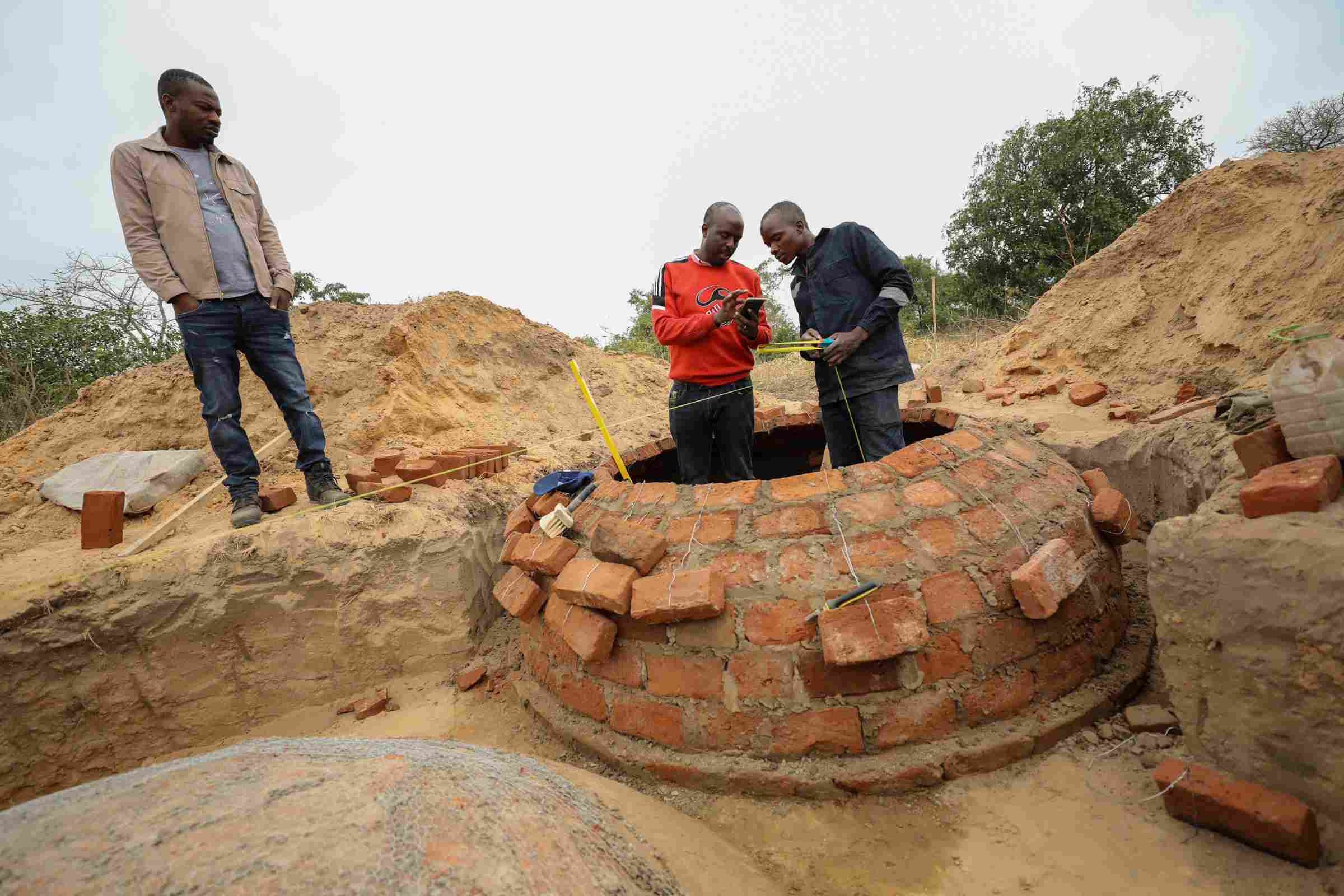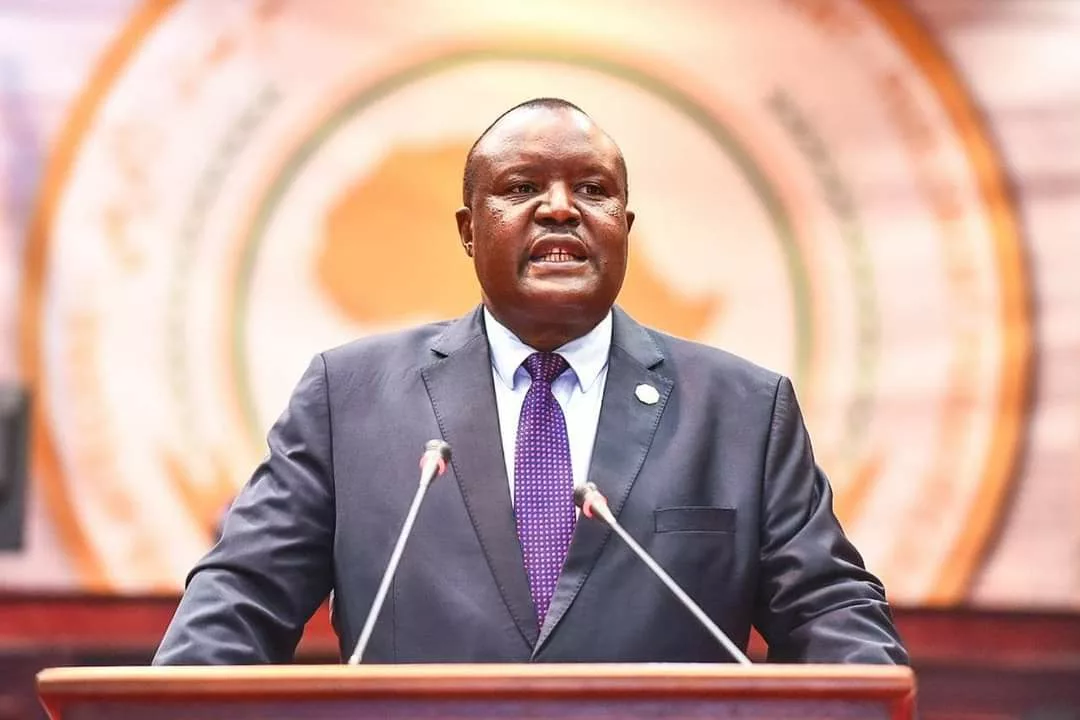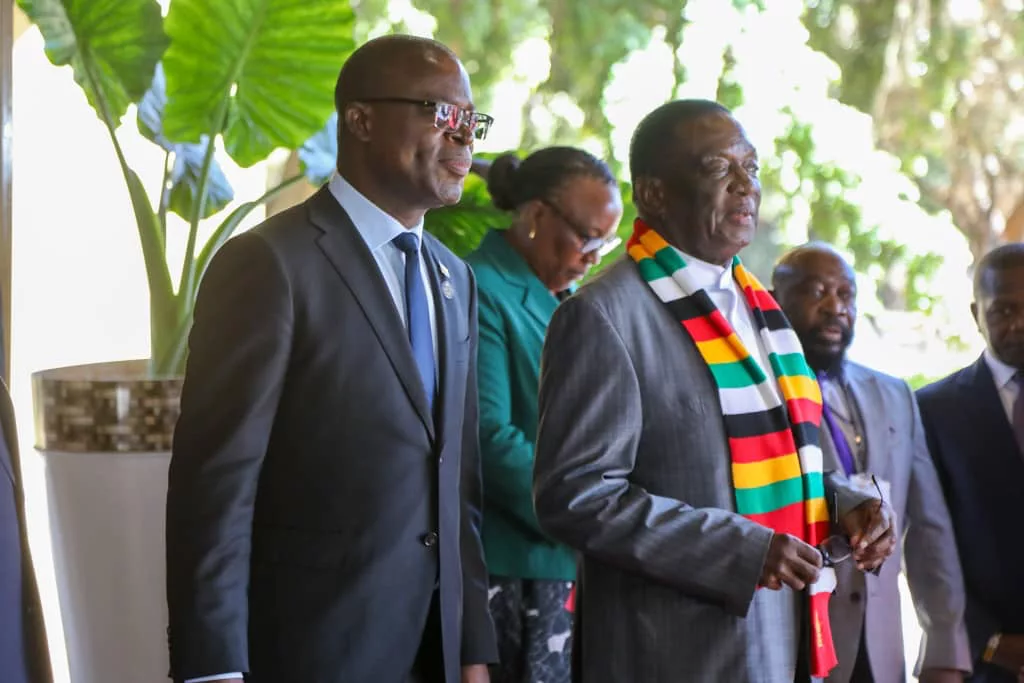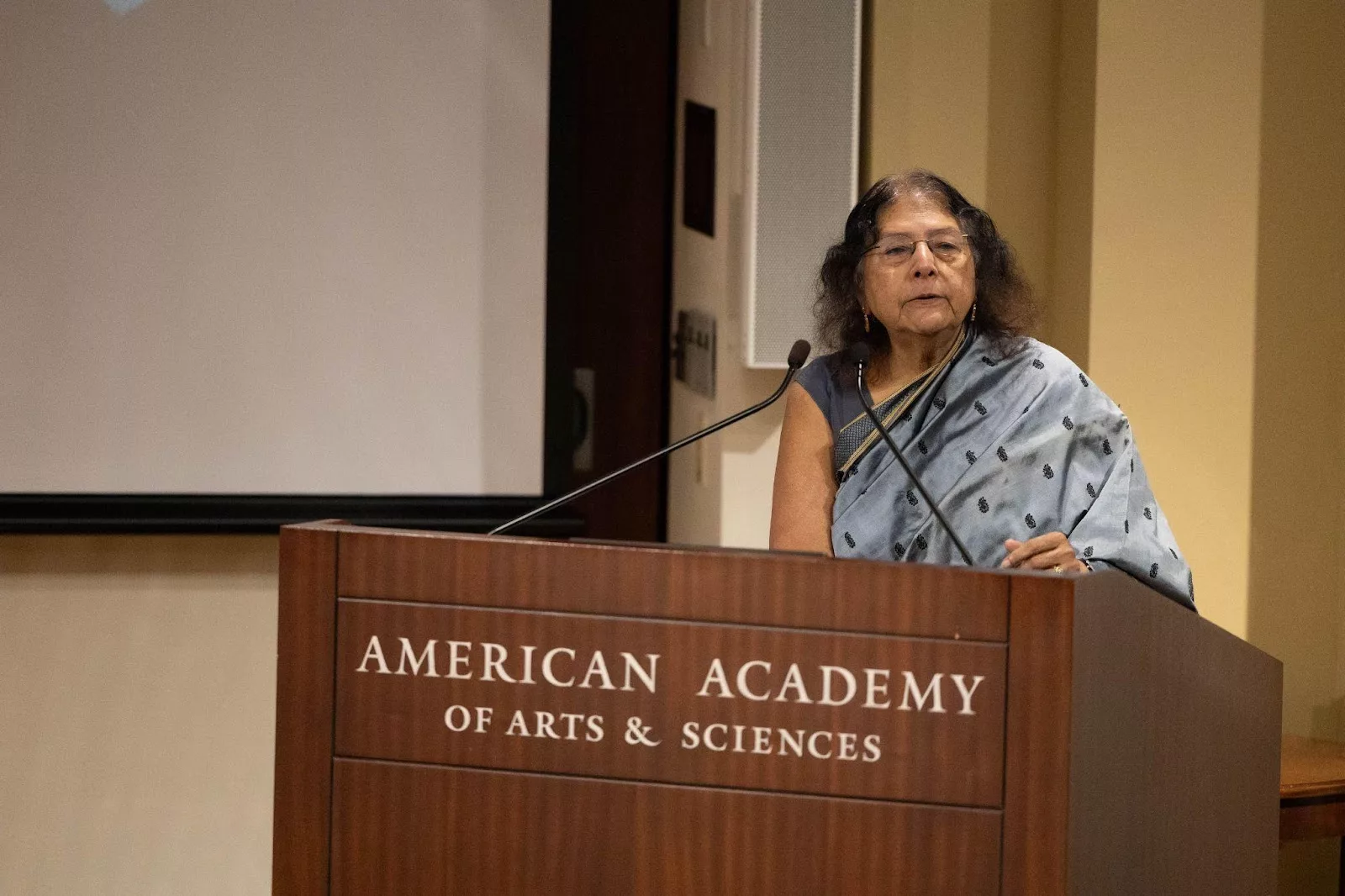|
Getting your Trinity Audio player ready...
|
In an ambitious endeavour to bring clean cooking energy to rural communities, the largest initiative of biogas in Zimbabwe and Southern Africa has commenced in Hakwata village, Chipinge District, on the edges of Zimbabwe’s border with Mozambique.
A total of 150 biogas digesters will be installed, benefiting 90 households in Hakwata, 30 in Gororo, Masvingo district, and 30 in Wanezi, Insiza District. This monumental initiative will go a long way in ensuring that those farthest from essential services are not left in the dark. Construction of the initial set of digesters in Hakwata is already underway, with completion expected by September 2023.
When finalised, the project is expected to bring transformation to the lives of the largely elderly population in Hakwata. Clean cooking energy will replace the arduous task of gathering firewood and providing a safer and more sustainable alternative. In addition to the numerous environmental benefits, the project will also empower 40 local builders, equipping them with the skillset required to construct and maintain biogas digesters.
Ms.Magotorima, the first beneficiary of the initiative, encapsulates the transformative impact of this project, “If this biogas works as they told us, then it will save my aged, aching legs from fetching firewood from those hills [points towards hills a considerable distance away].”
Biogas, a renewable source of cooking energy produced through the breakdown of animal and food waste, holds tremendous potential for Southern Africa.
The Climate Adaptation Water and Energy Programme (CAWEP), as the project is officially called, is a shining example of collaboration and innovation. It aims to address both immediate water and energy needs for long-term climate adaptation and a brighter, more sustainable future for communities most left behind.
CAWEP is implemented in four districts by the United Nations Development Programme (UNDP), with funding from the UK’s Foreign, Commonwealth & Development Office (FCDO). The biogas installations receive technical guidance from the Rural Electrification Fund (REF).






